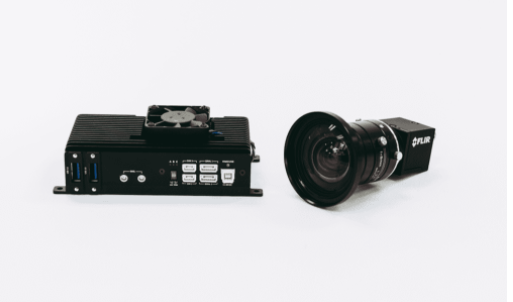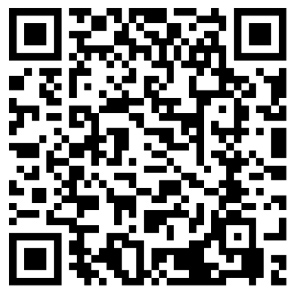Iris Automation and UAV Navigation are integrating their autopilot and detect and avoid (DAA) system to allow unmanned aircraft to find uncooperative aircraft in their airspace and autonomously take action to avoid them, according to an Aug. 16 press release.

UAV Navigation will use Iris Automation’s Casia DAA software in its VECTOR autopilot systems to enable these operations, according to the release.
"The pace of innovation around autonomous aerial vehicles is rapid as the industry recognizes the potential for creating value,” Carlos Lázaro, Head of the Commercial Department at UAV Navigation, said in a statement. “Integrating Iris Automation's Casia detect and avoid technology into our VECTOR autopilot is another important step in the safety of autonomous flights for commercial operations. Our customers can now automatically command the drone to perform appropriate avoidance maneuvers, resuming their original flightpath once completed."
Iris Automation recently updated its Casia software to improve performance, track fusion, and flight data uploads. Casia uses computer vision and artificial intelligence to enable beyond visual line of sight (BVLOS) flight. It has previously been used by the U.S. Federal Aviation Administration and Transport Canada.
"Partnering with UAV Navigation brings together two significant breakthroughs in safe, autonomous flight. Integrating autopilot systems with true detect and avoid, inclusive of uncooperative aircraft, is critical to enabling commercial operations at scale,” James Howard, co-founder and VP of Technology and Innovation at Iris Automation, said in a statement. “Given the wide deployment of UAV Navigation's autopilot solution this is major progress in opening up the skies."
VECTOR autopilots from UAV navigation allow aircraft to fly autonomously even in the case of lost remote-control datalinks. They can be used in rotary-wing and fixed-wing drones and VTOL aircraft.






